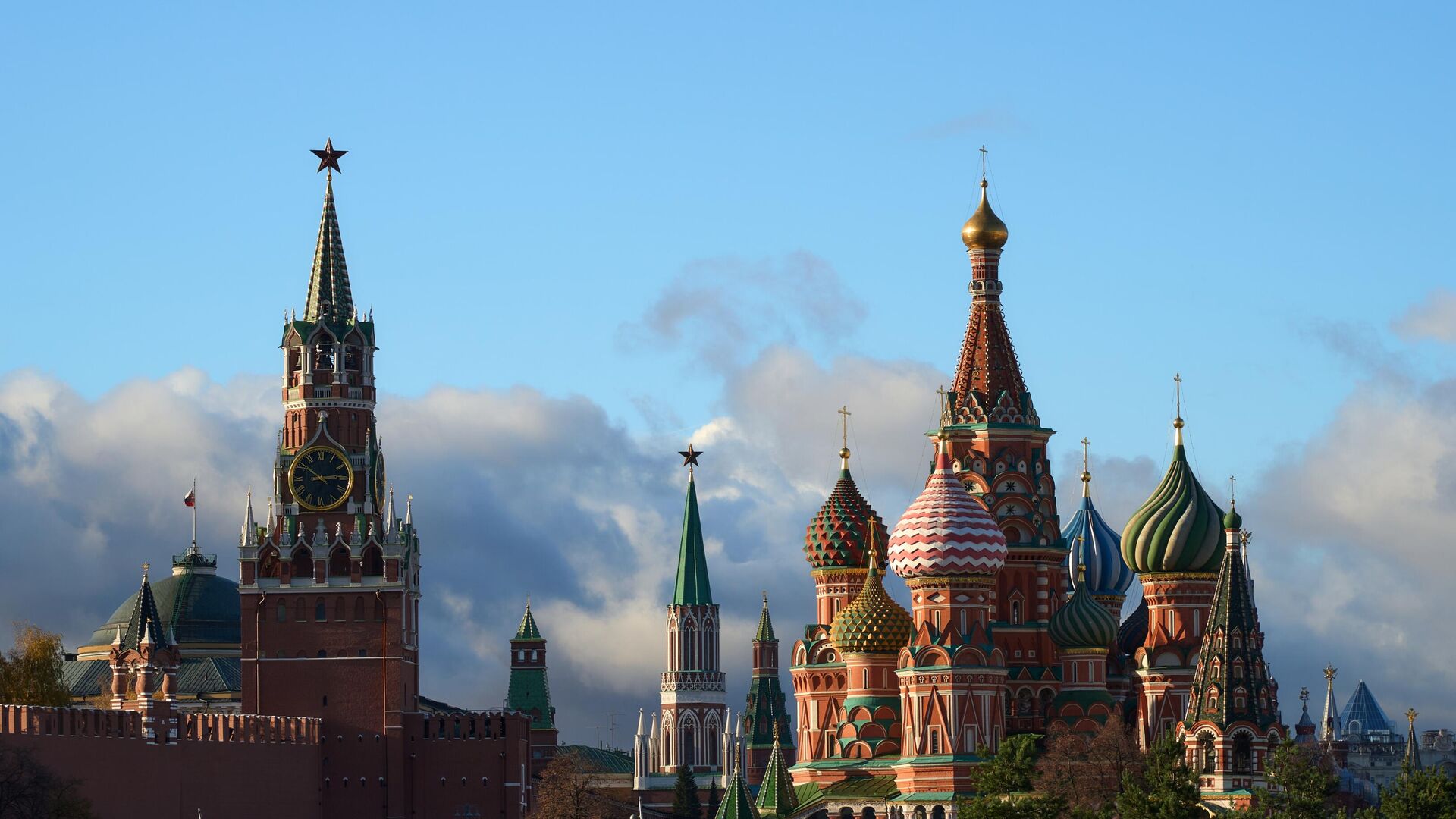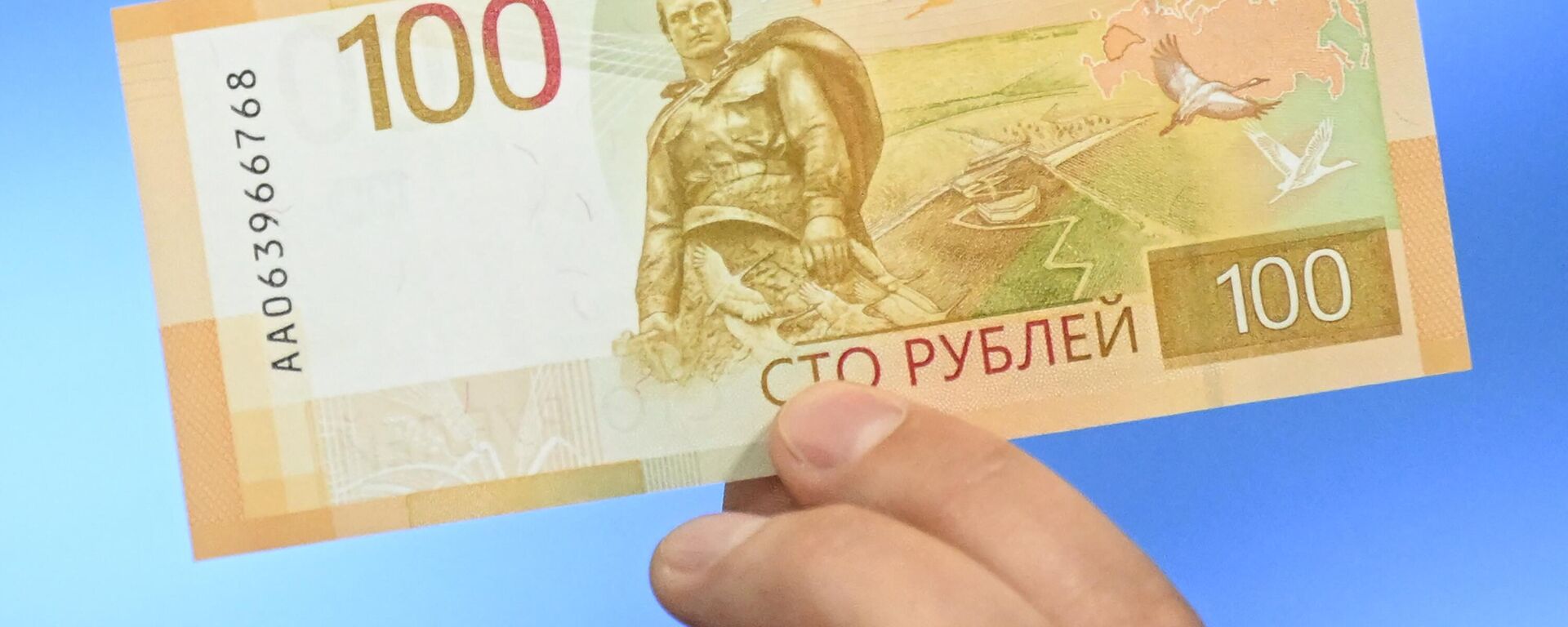https://en.sputniknews.africa/20231109/west-to-lose-investors-consequences-of-anti-russian-sanctions-1063425456.html
West to Lose Investors: Consequences of Anti-Russian Sanctions
West to Lose Investors: Consequences of Anti-Russian Sanctions
Sputnik Africa
MOSCOW (Sputnik) - The freezing of Russian assets by Western countries will only undermine their reputation as safe havens for global investors, French... 09.11.2023, Sputnik Africa
2023-11-09T08:31+0100
2023-11-09T08:31+0100
2023-11-09T08:31+0100
russia
united states (us)
moscow
european union (eu)
kremlin
dmitry peskov
anti-russian sanctions
us sanctions
sanctions
international
https://cdn1.img.sputniknews.africa/img/07e7/06/12/1060002560_0:217:3253:2047_1920x0_80_0_0_ba786733ce10f59e755daa1175430473.jpg
Earlier on Wednesday, G7 foreign ministers reiterated in a statement following a meeting in Tokyo that Russian assets will remain frozen until Moscow compensates Kiev for the damages caused by the Russian military operation. Meanwhile, the US House Foreign Affairs Committee has advanced legislation to authorize the US Secretary of State to transfer confiscated Russian funds to Ukraine. The legislation also directs the US government to lead a coordinated international sanctions regime to freeze sovereign Russian assets with partners including the European Union and Group of Seven.The expert noted the robustness of the Russian financial system and suggested that Moscow does not need the frozen assets at the moment.After the start of Russia's military operation in Ukraine on February 24, 2022, Western countries imposed comprehensive sanctions against Moscow, including freezing Russian assets worth approximately 300 billion euros ($316.5 billion). Almost 200 billion euros of them are held in the European Union, mostly on accounts at Euroclear, a European central securities depository.Moscow has repeatedly said that attempts to confiscate frozen Russian assets are an expropriation of property and a violation of international law. Kremlin spokesman Dmitry Peskov told Sputnik that Russia would do everything possible to return the seized assets.
https://en.sputniknews.africa/20230809/find-out-why-russias-economy-will-improve-despite-western-sanctions-1061187359.html
russia
united states (us)
moscow
Sputnik Africa
feedback@sputniknews.com
+74956456601
MIA „Rossiya Segodnya“
2023
Sputnik Africa
feedback@sputniknews.com
+74956456601
MIA „Rossiya Segodnya“
News
en_EN
Sputnik Africa
feedback@sputniknews.com
+74956456601
MIA „Rossiya Segodnya“
Sputnik Africa
feedback@sputniknews.com
+74956456601
MIA „Rossiya Segodnya“
russia, united states (us), moscow, european union (eu), kremlin, dmitry peskov, anti-russian sanctions, us sanctions, sanctions, international
russia, united states (us), moscow, european union (eu), kremlin, dmitry peskov, anti-russian sanctions, us sanctions, sanctions, international
West to Lose Investors: Consequences of Anti-Russian Sanctions
MOSCOW (Sputnik) - The freezing of Russian assets by Western countries will only undermine their reputation as safe havens for global investors, French economist Charles-Henri Gallois told Sputnik.
Earlier on Wednesday,
G7 foreign ministers reiterated in a statement following a meeting in Tokyo that Russian assets will remain frozen until Moscow compensates Kiev for the damages caused by the Russian military operation. Meanwhile, the US House Foreign Affairs Committee has advanced legislation to authorize the US Secretary of State to transfer confiscated Russian funds to Ukraine. The legislation also directs the US government to lead a coordinated international sanctions regime to freeze sovereign Russian assets with partners including the European Union and Group of Seven.
"The Western blackmail will simply harm the reputation of the EU and the US as safe havens for investors around the world, much more than they will harm Russia," Gallois said, adding that "Russian private investors, though, might suffer if they need to have access to their assets."
The expert noted the robustness of the Russian financial system and suggested that Moscow does not need the frozen assets at the moment.
"I don’t think anything will be done in the immediate future about these Russian assets. They will remain frozen, maybe for a very long time, after the conflict, until relations ease again with Russia, and the assets are given back discreetly to their legal owners," Gallois suggested.
After the start of Russia's military operation in Ukraine on February 24, 2022, Western countries imposed comprehensive
sanctions against Moscow, including freezing Russian assets worth approximately 300 billion euros ($316.5 billion). Almost 200 billion euros of them are held in the European Union, mostly on accounts at Euroclear, a European central securities depository.
Moscow has repeatedly said that attempts to confiscate frozen Russian assets are an expropriation of property and a violation of international law. Kremlin spokesman Dmitry Peskov told Sputnik that Russia would do everything possible to return the seized assets.


